Baptist women meet Elijah Brown
The General Secretary of the Baptist World Alliance met with women leaders to consider what actions might follow from this summer’s BWA Resolution: Recognising and affirming the calling of women in the church. By Mary Taylor
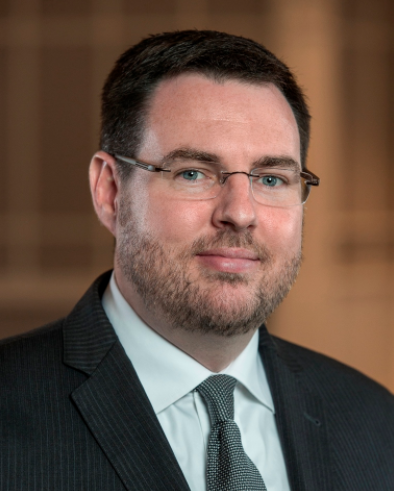 Examples were shared of how UK Baptists in different settings are working to recognise and affirm the calling of women in the church at the meeting with Elijah at Baptist House in Didcot on 23 September. Mary Taylor and Beth Allison-Glenny presented the story of the Centenary conference in 2018 from which came a statement to the Baptist family.
Examples were shared of how UK Baptists in different settings are working to recognise and affirm the calling of women in the church at the meeting with Elijah at Baptist House in Didcot on 23 September. Mary Taylor and Beth Allison-Glenny presented the story of the Centenary conference in 2018 from which came a statement to the Baptist family.
Flowing out of reflection on this statement by Council and Baptist Team Leaders, we are now able to welcome the appointment of Jane Day as the Centenary Enabler.
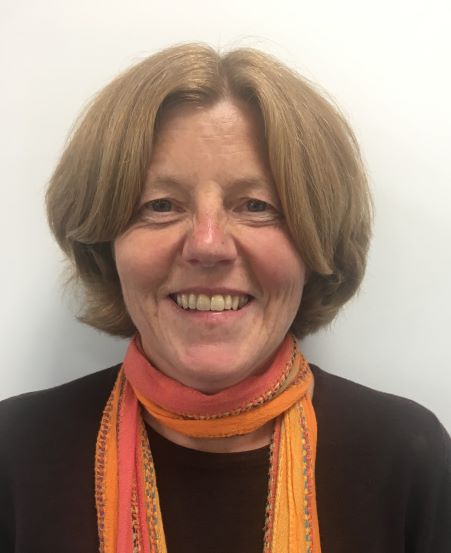 Jane was able to share the aims of her role, in which she will work with Associations to encourage women to exercise their gifts, from the grassroots level in churches, up to preparing and coaching women ministers to step into senior roles in our structures and larger churches.
Jane was able to share the aims of her role, in which she will work with Associations to encourage women to exercise their gifts, from the grassroots level in churches, up to preparing and coaching women ministers to step into senior roles in our structures and larger churches.
Gale Richards described how the BME Women Ministers Network had emerged almost five years ago as a response to the comparatively small number of women of colour emerging and thriving as ministers within Baptists Together.
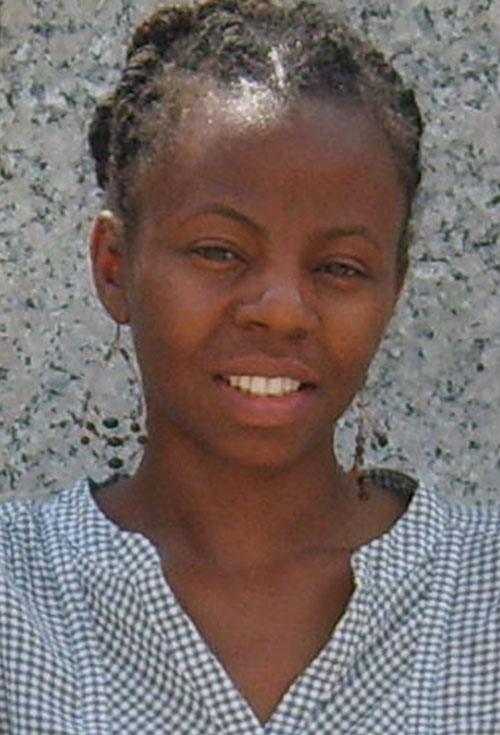 One of the key priorities of the Network is to connect at a very early stage with women of colour who are sensing a call to ministry, so they are aware of the network of ongoing support that is available to help them thrive in ministry.
One of the key priorities of the Network is to connect at a very early stage with women of colour who are sensing a call to ministry, so they are aware of the network of ongoing support that is available to help them thrive in ministry.
Jen Thomas and others from BMS World Mission shared how the organisation had taken steps to make gender equality a priority. The actions taken by BMS began with a Gender and Leadership Review and have led to setting up a Gender Charter Group and to focus on gender theology as a core value of mission. This theology states: This abundant life (in Jesus Christ) includes the experience of men and women living in ways where fracturing is overcome, where justice between gender characterises our relationships, where gender equality and gender equity are given expression’. Part of their strategy has been an externally conducted audit which will identify areas where work needs to happen. They are also working out what it looks like to respectfully engage with stakeholders and partner organisations across the world to promote this core conviction.
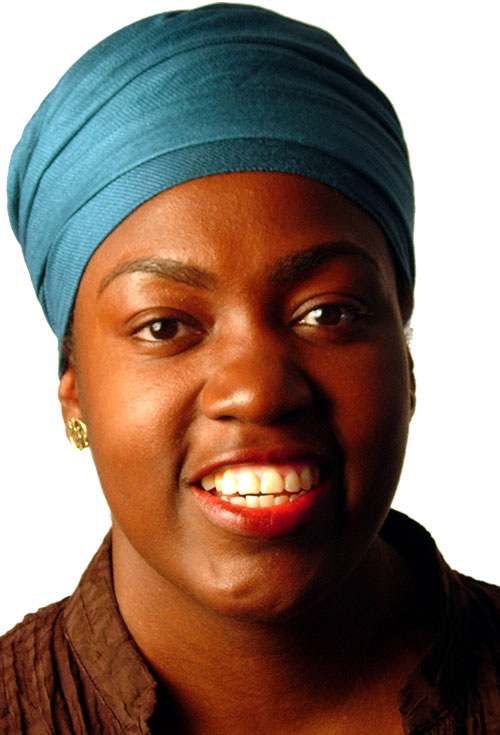 Kate Coleman shared the work of NextLeadership, and that it is now ten years since the launch of 7 Deadly Sins of Women in Leadership, now called She Rises. The programme and book continue to be powerful tools for helping women step further into leadership roles in all areas; their fresh vision is for a global impact. She cited Rise in Strength, a report from a joint initiative of the World Evangelical Alliance and the Lausanne Movement as illustrative of the movement in a number of significant international organisations to make gender equality a central priority.
Kate Coleman shared the work of NextLeadership, and that it is now ten years since the launch of 7 Deadly Sins of Women in Leadership, now called She Rises. The programme and book continue to be powerful tools for helping women step further into leadership roles in all areas; their fresh vision is for a global impact. She cited Rise in Strength, a report from a joint initiative of the World Evangelical Alliance and the Lausanne Movement as illustrative of the movement in a number of significant international organisations to make gender equality a central priority.
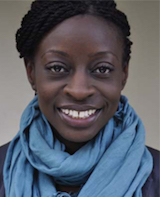 Amie Buhari of the Hebe Foundation described how they work through churches and other organisations to encourage the development of young people’s gifts, using a range of projects but including a spiritual foundation of discernment and prayer. They work on character and leadership formation, starting at a young age to break down barriers of lack of confidence and lack of aspiration, especially amongst black urban youth. They ask young women and men the question, ‘Who has God made me to be?’ and challenge them that they too can be positive role models. This work is particularly effective for encouraging young women into pathways such as STEM subjects and business.
Amie Buhari of the Hebe Foundation described how they work through churches and other organisations to encourage the development of young people’s gifts, using a range of projects but including a spiritual foundation of discernment and prayer. They work on character and leadership formation, starting at a young age to break down barriers of lack of confidence and lack of aspiration, especially amongst black urban youth. They ask young women and men the question, ‘Who has God made me to be?’ and challenge them that they too can be positive role models. This work is particularly effective for encouraging young women into pathways such as STEM subjects and business.
Elijah responded by affirming that women and men are equal custodians of faith leadership. There is no gender hierarchy in Baptist theology, but sadly there is hierarchy in Baptist life. The BWA Resolution was a strong reaffirmation of the body’s theological position and a call to repentance. It would be taken forward by a Gender and Race Commission and he invited participants into the Commission in order to work on turning the Resolution into real change.
Although acknowledging that organisations such as BWA and Baptists Together operate through influence and example, the group agreed that it was important to set and work towards tangible outcomes, to make sure that these organisations prioritise equality within their staff and organisational structures, and that most of all there is a determined intentionality to effect behavioural and cultural change.
There was a strong sense of the prophetic voice in the combined stories, where each one of us is contributing to a bigger picture. This is a bigger picture being brought together by God for the peace of the Church and the world. We ended with the call for men to be mentored by women, as well as other men further along on the gender justice journey, in order to model that equality of faith leadership, turning expectations upside-down, just as Jesus did.
Mary Taylor is a regional minister in the Yorkshire Baptist Association and a member of the Gender Justice Hub
Baptist Times, 08/10/2019